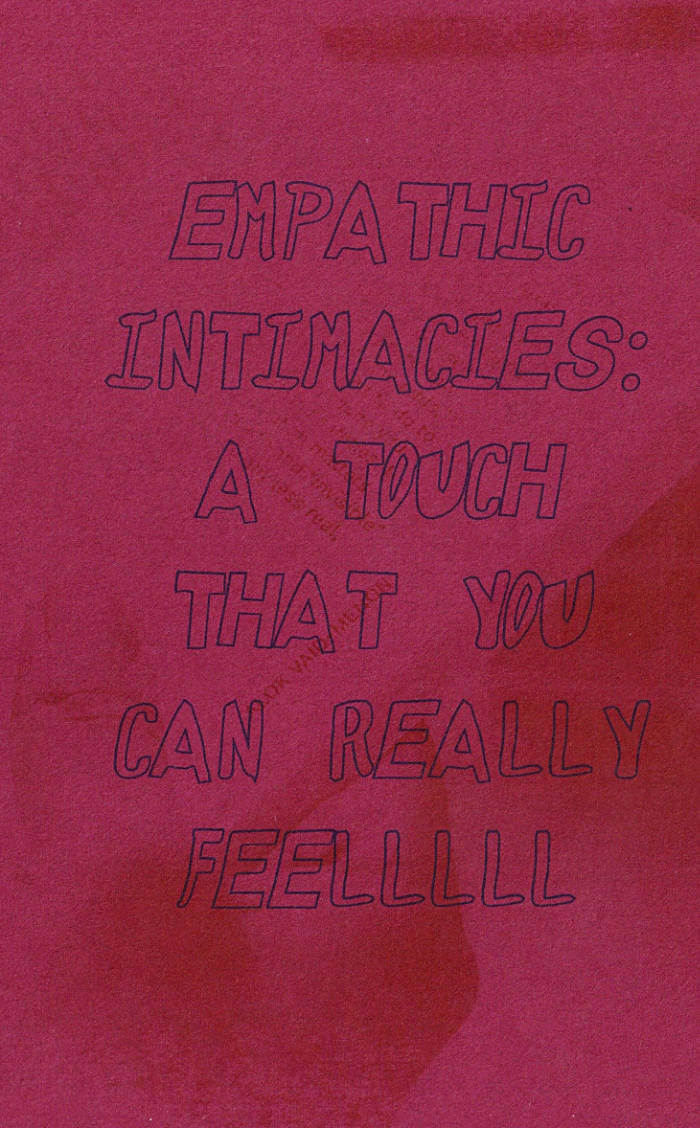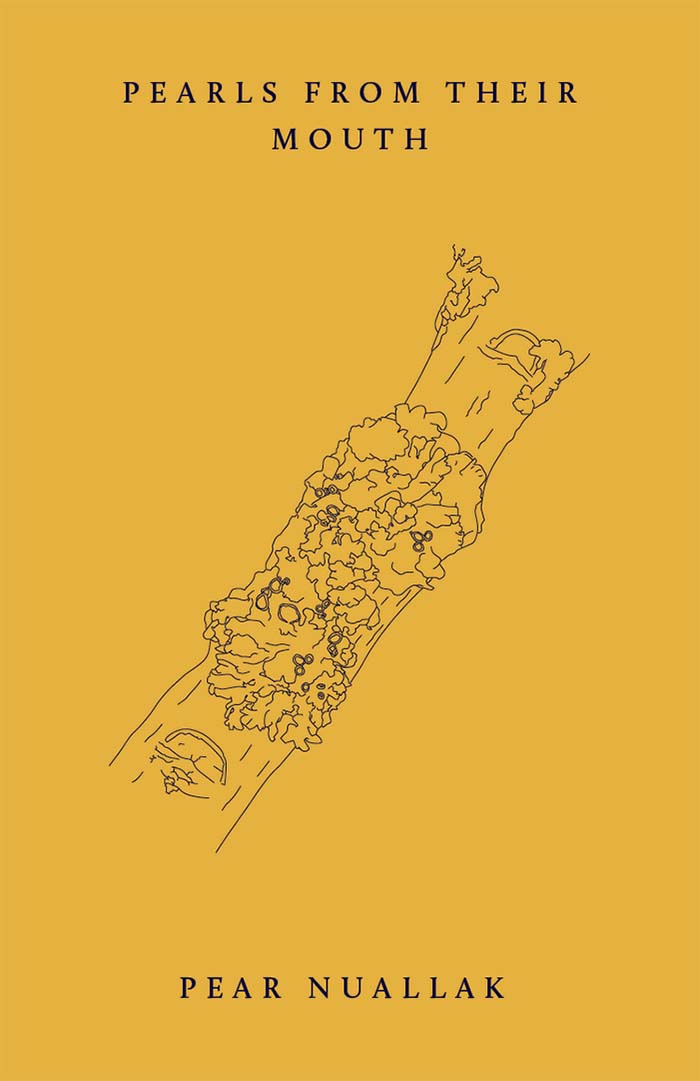
Toward The Not-Yet: Art As Public Practice
Jeanne Van Heeswijk, Maria Hlavajova, Rachel Rakes
This volume from BAK, basis voor actuele kunst, combines handbook, dictionary, and anthology to investigate artistic practice aimed at achieving social change. With text and visual essays, definitions, exercises, interviews, and images, the contributors envision a praxis that is committed to experimenting with aesthetics and politics in ways that go beyond the conventions of Western modernity. These are practices that are interdisciplinary, theoretically informed, and politically driven, offering ways of being together otherwise. Catalyzed by the work of artist Jeanne van Heeswijk, which focuses on radicalizing civic processes, Toward the Not-Yet imagines and enacts alternative ways of conceiving the present and future.
Contributors, among them notable artists, scholars, activists, and writers consider ways of participating in civic life, including dreamscaping and radical listening; the creation of safer spaces for humans and nonhumans; ways of radically shifting laws and policies; and tactics and methods of collective sanctuary. Toward the Not-Yet is part of BAK's series of BASICS readers, debuting a SUPERBASICS variation that is larger, with more visual content.
Language: English




